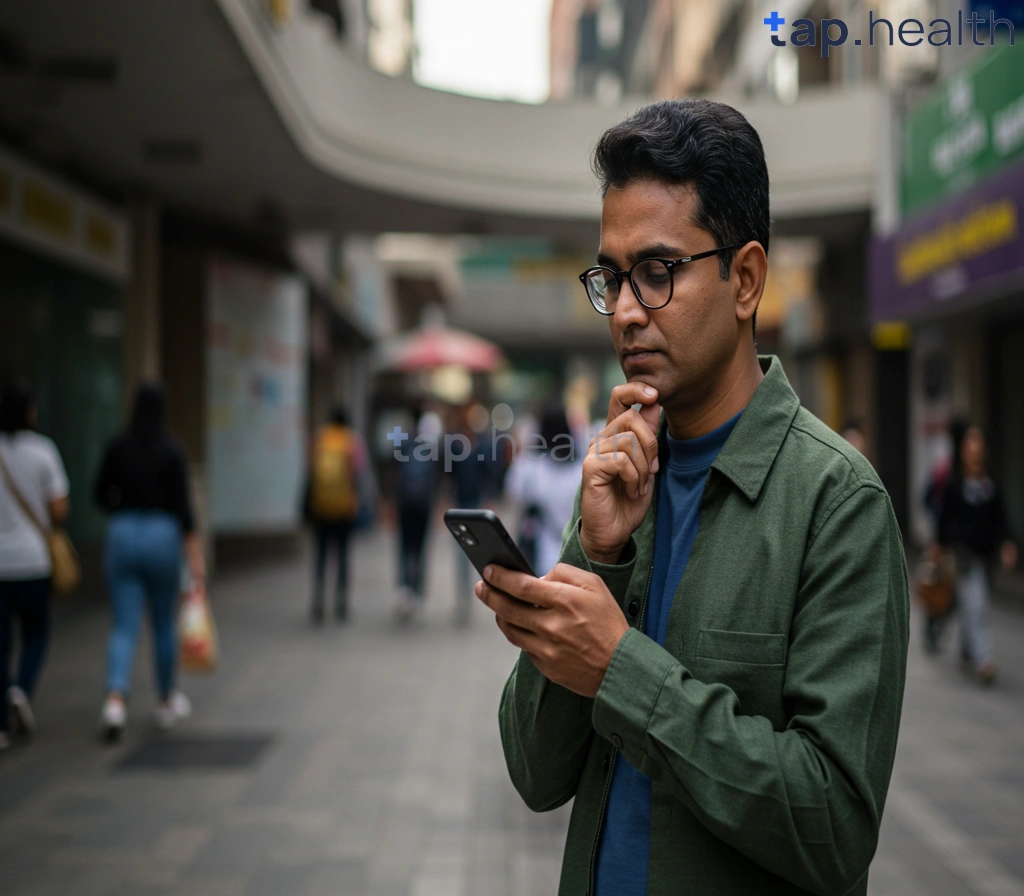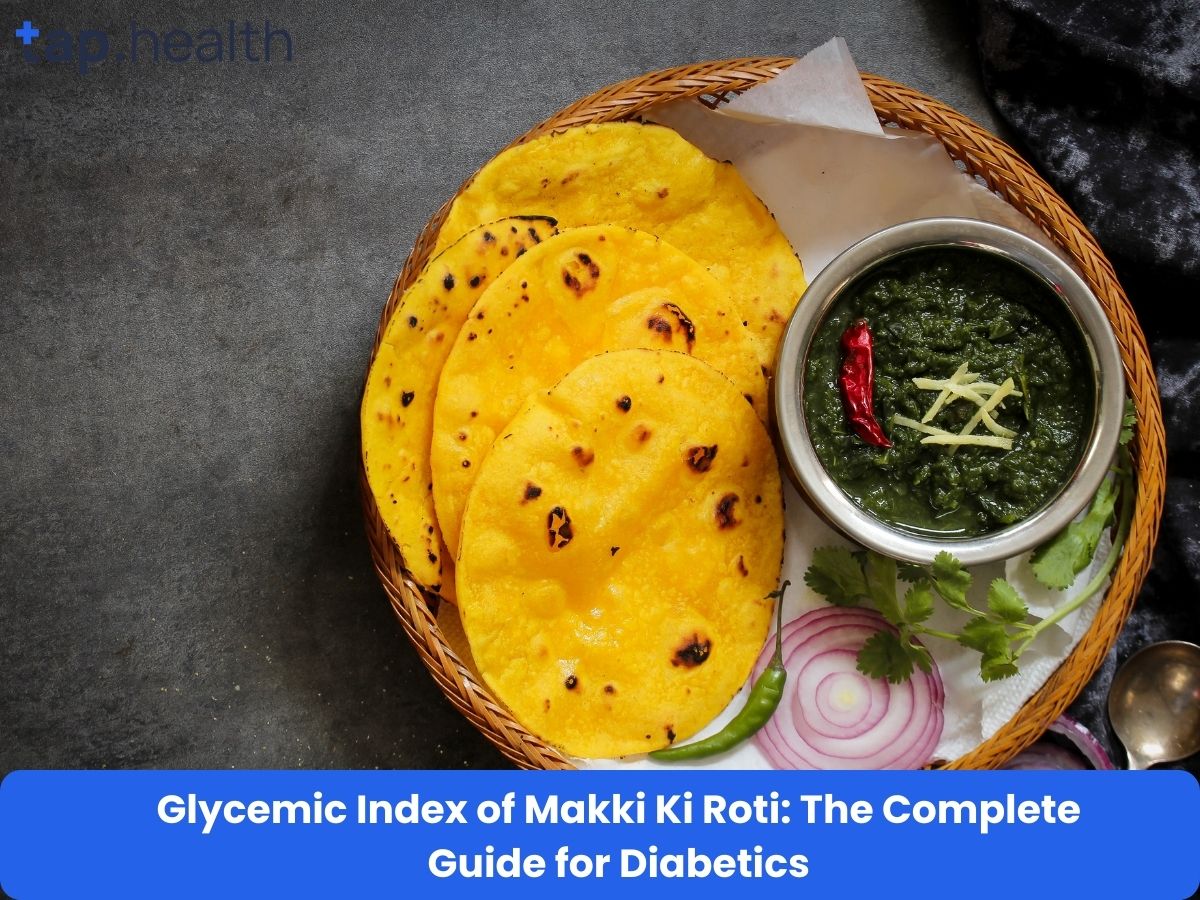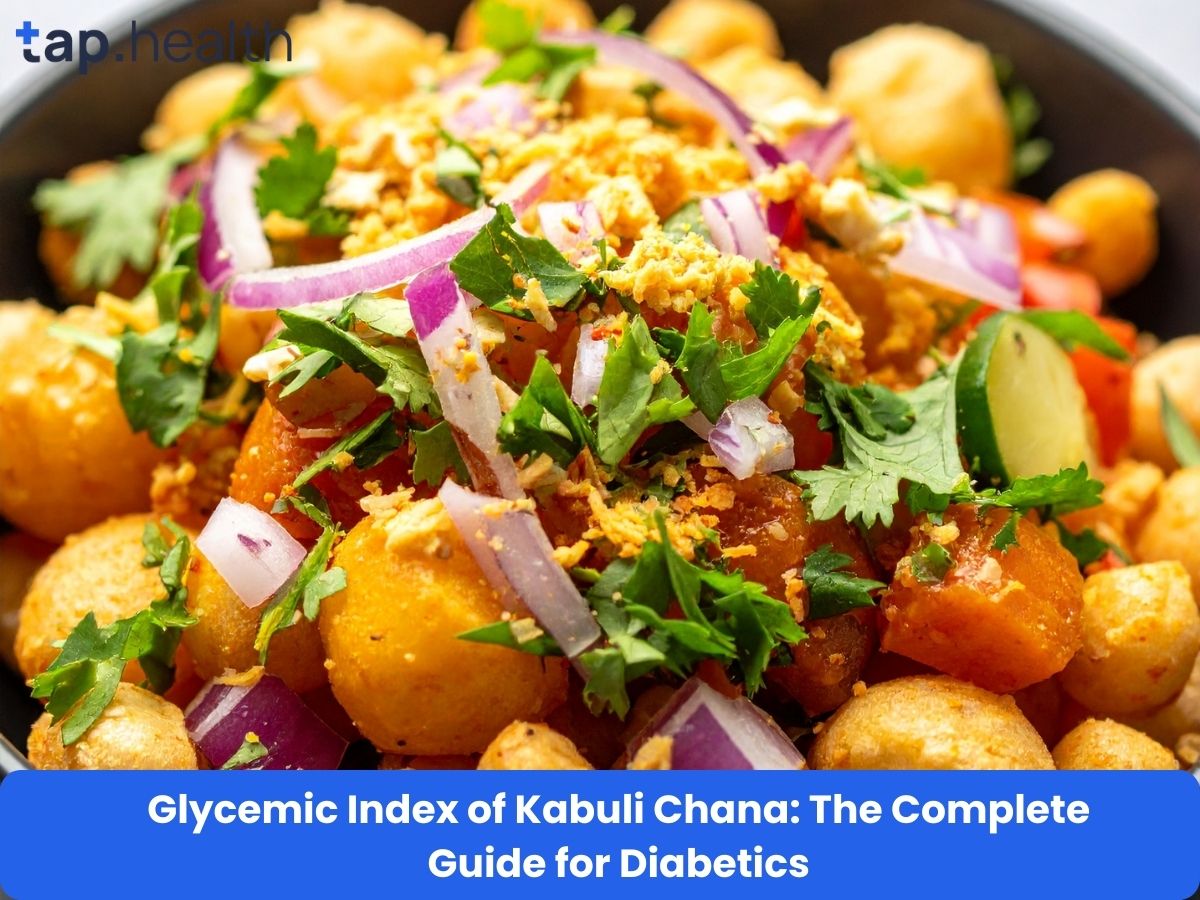Table of Contents
- Teenage Diabetes: Understanding Social Media’s Influence
- Social Media, Self-Esteem & Diabetes in Teens: A Guide
- How Does Social Media Impact Teenagers with Diabetes?
- Navigating Online Challenges: Diabetes Management for Teens
- Diabetes in Teens: Tips for Healthy Social Media Use
- Frequently Asked Questions
- References
Navigating adolescence is tough enough, but imagine doing so while managing diabetes. For teens with diabetes, the constant demands of managing their condition can feel even more overwhelming in today’s hyper-connected world. This blog post delves into Diabetes in Teens: Navigating Social Media’s Impact on Well-being, exploring how social media influences their self-perception, treatment adherence, and overall mental health. We’ll discuss the positive and negative aspects of online communities, offer practical tips for healthy social media habits, and provide resources to help young people thrive. Let’s explore how we can empower teens to harness the power of social media while prioritizing their well-being.
Teenage Diabetes: Understanding Social Media’s Influence
The digital age presents unique challenges for teenagers, especially those managing chronic conditions like diabetes. In the U.S., approximately 35 per 10,000 youths live with a diagnosed case of diabetes, according to the CDC. This statistic highlights the importance of understanding how social media impacts the well-being of young people with diabetes, particularly in Indian and tropical countries where access to resources and support might be limited.
The Double-Edged Sword of Social Media
Social media platforms offer valuable connections. Teenagers with diabetes can find supportive online communities, sharing experiences and learning from others. However, the curated nature of online life can also be detrimental. Exposure to unrealistic body images and unhealthy food trends can negatively influence self-esteem and dietary choices, impacting blood sugar control. Furthermore, the constant stream of information – some accurate, some not – can lead to confusion and anxiety, particularly in regions with limited access to reliable diabetes education. Misinformation regarding diabetes management is prevalent online, potentially endangering the health of vulnerable young people. The impact of this misinformation can significantly affect mental health, as discussed in The Impact of Diabetes on Mental Health.
Navigating the Digital Landscape
Practical strategies are crucial for teens living with diabetes in Indian and tropical countries. Parents and caregivers should encourage open communication about social media use and its potential influence on diabetes management. Educating teens about reliable sources of information, such as credible health organizations and registered dietitians, is essential. Promoting a balanced digital diet – limiting exposure to triggering content and prioritizing positive interactions – can significantly contribute to improved well-being. Seeking support from local diabetes organizations and connecting with healthcare professionals who understand the unique challenges of managing diabetes within the digital age is vital. For a deeper understanding of the challenges faced by teenagers with diabetes, see Diabetes in Teenagers: Understanding the Impact – Tap Health. By fostering a supportive environment both online and offline, we can help young people navigate the complexities of diabetes in a digitally connected world.
Social Media, Self-Esteem & Diabetes in Teens: A Guide
Navigating adolescence is challenging enough, but for teenagers with diabetes in Indian and tropical countries, the added layer of social media’s influence on self-esteem can be particularly significant. While technology offers connection, it also presents unique hurdles. The constant stream of curated images and seemingly perfect lives can negatively impact self-image, especially for young people already grappling with a chronic condition. Consider that 61% of people with diabetes are aged between 20-64 years, a significant portion of whom began managing their condition during their teenage years. Source
The Double-Edged Sword of Social Media
Social media platforms can be both beneficial and detrimental. Positive aspects include connecting with support groups and accessing educational resources tailored to managing diabetes. However, the pressure to conform to unrealistic beauty standards and the constant comparison with others can lead to feelings of inadequacy and low self-esteem. This is exacerbated in cultures where body image is highly valued, as is often the case in many Indian and tropical countries. For teens with diabetes, managing their condition alongside these external pressures can be overwhelming. The challenges can be even greater as individuals age, as highlighted in our blog on Managing Diabetes as You Age: Challenges and Solutions.
Practical Tips for Healthy Social Media Use
Building a supportive online community is crucial. Connect with other teens living with diabetes through online forums or social media groups. Remember to focus on positive and realistic portrayals of diabetes management. Unfollow accounts that trigger negative feelings and curate your feed to be filled with uplifting content. Encourage open communication with family and friends about the challenges of living with diabetes. Seeking professional help from a therapist or counselor can also be invaluable. It’s also important to address any emotional eating that might be triggered by social media or other factors; check out our guide on Addressing Emotional Eating in Diabetes: Strategies for helpful tips.
Taking Charge of Your Well-being
Prioritizing your mental health is just as crucial as managing your physical health. Remember, you are not alone. In India and tropical countries, access to resources and support might vary, but reaching out to local diabetes organizations or healthcare providers is vital. Taking control of your online experience and seeking support can significantly improve your self-esteem and overall well-being.
How Does Social Media Impact Teenagers with Diabetes?
Social media’s pervasive influence on teenagers, especially those managing diabetes, is a significant concern in India and other tropical countries. The constant bombardment of images showcasing sugary drinks and processed foods, often promoted by influencers, creates a challenging environment for young people striving to maintain healthy blood sugar levels. Research shows that daily consumption of sugary beverages raises diabetes risk by 26%, a statistic particularly relevant given the popularity of such drinks in these regions. This highlights the importance of understanding the link between diet and diabetes, a connection explored further in our article, Understanding the Link Between Diabetes and Obesity.
The Double-Edged Sword of Online Communities
While online support groups and diabetes-focused social media pages can offer valuable connections and information sharing, they can also inadvertently contribute to negative body image and unhealthy comparisons. The curated perfection often presented online can lead to feelings of inadequacy and pressure to conform to unrealistic standards, impacting mental health and potentially affecting diabetes management. Teenagers might hide their condition or feel ashamed to discuss it openly due to fear of judgment or bullying.
Navigating the Digital Landscape
For teenagers with diabetes in India and tropical regions, conscious social media consumption is key. Parents and healthcare professionals should encourage open communication about online experiences and help young people develop healthy coping mechanisms. This could involve setting screen time limits, promoting engagement with positive and supportive online communities, and fostering critical thinking skills to discern reliable information from misleading content. Regular check-ins and healthy discussions about body image and self-esteem are crucial. It’s vital to remember that diabetes management is a journey, and social media should not add unnecessary stress or pressure. Seeking support from local diabetes organizations and healthcare professionals provides invaluable resources tailored to the specific needs of your region. It’s also important to dispel common myths, such as the misconception that diabetes causes cancer. For more information on this topic, please see our article: Does Diabetes Cause Cancer?
Navigating Online Challenges: Diabetes Management for Teens
The Digital Double-Edged Sword
The rise of youth-onset diabetes in India and other tropical countries is alarming, with annual increases of 4% particularly affecting urban areas. For teenagers, already navigating the complexities of adolescence, managing diabetes presents unique challenges, amplified by the ever-present influence of social media. While online platforms offer valuable resources and support communities, they can also contribute to unrealistic body image expectations, unhealthy eating trends, and even misinformation regarding diabetes management. This creates a crucial need for careful navigation of the digital world.
Practical Strategies for Healthy Online Habits
Educate yourself and your teen: Understanding the disease is the first step. Seek out reliable information from doctors, certified diabetes educators, and reputable online sources. Encourage critical thinking when encountering diabetes-related content online; not everything is accurate or healthy.
Curate their digital environment: Help teens follow accounts that promote healthy living and body positivity. Limit exposure to influencers promoting unrealistic diets or lifestyles that could negatively impact their diabetes management.
Foster open communication: Create a safe space where your teen feels comfortable discussing their struggles and triumphs with diabetes management, including those related to social media. Encourage them to seek support from online diabetes communities, but emphasize the importance of verifying information. Managing blood sugar can also affect other health factors, and it’s important to be aware of the connection between diabetes and cholesterol. For more information on this, see our article on How to Manage Cholesterol Levels with Diabetes?
Building a Supportive Digital Ecosystem
In India and similar regions, access to reliable diabetes care can vary. Therefore, leveraging the power of online communities and resources while maintaining a critical eye is crucial. By actively shaping their online experience and fostering open communication, families can empower teenagers to manage their diabetes effectively, even in the face of social media’s pervasive influence. Remember, responsible digital citizenship is vital to their well-being. Planning trips and travel can also present unique challenges for those with diabetes. Check out our guide on Traveling with Diabetes: Essential Tips for a Safe & Healthy Journey for helpful advice.
Diabetes in Teens: Tips for Healthy Social Media Use
Social media is a powerful tool, but its impact on teenagers with diabetes in India and tropical countries requires careful consideration. Navigating the digital world while managing a chronic condition like type 1 diabetes, a condition affecting over 1.2 million children and adolescents globally according to the International Diabetes Federation, requires a proactive approach. Social media can both help and hinder a teen’s well-being.
Managing Online Comparisons
It’s crucial to be mindful of unrealistic portrayals of health and body image. Social media often presents idealized versions of life, leading to feelings of inadequacy or pressure. Remember that what you see online is often curated and doesn’t reflect reality. Focus on building a positive self-image based on your own progress and achievements in managing your diabetes, not on comparing yourself to others online.
Seeking Support and Information Critically
While online support groups can be beneficial, always verify information found online with your healthcare team. Not all information shared online is accurate or appropriate for your specific situation. Connect with reliable sources like your doctor, diabetes educator, or registered dietitian for personalized guidance. In India and tropical climates, access to reliable information might be limited, so actively seek out credible sources. For parents of teens with Type 1 Diabetes, Tips for Parents of Kids with Type 1 Diabetes: Complete Guide offers valuable insights and support.
Setting Healthy Boundaries
Establish limits on screen time and be mindful of how social media affects your mood and blood sugar levels. Excessive social media use can contribute to stress and disrupt sleep patterns, both of which can impact diabetes management. Schedule regular breaks and engage in activities that promote well-being, such as exercise, yoga, or spending time in nature. Consider using apps that help track screen time and encourage healthy digital habits. Remember that mindful choices extend beyond social media; How to Safely Enjoy Alcohol While Managing Diabetes offers guidance on another aspect of healthy lifestyle choices.
Leveraging Positive Aspects
Social media can also be a source of support and motivation. Find positive and informative accounts that offer healthy recipes, exercise tips, and share success stories from other teens managing diabetes. Remember to engage with content that uplifts you and contributes to a positive self-image. Connecting with other teens facing similar challenges can foster a sense of community and belonging. This is especially valuable in regions where access to in-person support groups might be limited.
Frequently Asked Questions on Diabetes in Teens
Q1. How does social media affect teenagers with diabetes in India and other tropical countries?
Social media presents a double-edged sword. While offering supportive online communities and educational resources, it also exposes teens to unrealistic body images and unhealthy food trends, potentially impacting self-esteem, dietary choices, and blood sugar control. Misinformation online can further complicate diabetes management.
Q2. What are the benefits of social media for teenagers with diabetes?
Social media can connect teens with supportive communities of others facing similar challenges, providing a sense of belonging and shared experience. It can also be a source of valuable educational resources and information about diabetes management.
Q3. What are the risks of social media use for diabetic teens?
Exposure to unrealistic body images and unhealthy food trends can negatively influence self-esteem and dietary habits, hindering blood sugar control. Misinformation online can be dangerous, potentially leading to poor health decisions.
Q4. How can parents and caregivers help their diabetic teens navigate social media?
Open communication is key. Parents should educate their teens about reliable sources of diabetes information and encourage a balanced approach to social media use. Connecting with local diabetes organizations and healthcare professionals can provide additional support and guidance.
Q5. What steps can be taken to create a healthier online environment for teens with diabetes?
Building positive online communities that promote realistic portrayals of diabetes management and healthy lifestyles is crucial. Focusing on accurate information and responsible social media use can foster better self-esteem and overall well-being.
References
- Children with Diabetes : A resourse guide for families and school. : https://www.health.ny.gov/publications/0944.pdf
- A Practical Guide to Integrated Type 2 Diabetes Care: https://www.hse.ie/eng/services/list/2/primarycare/east-coast-diabetes-service/management-of-type-2-diabetes/diabetes-and-pregnancy/icgp-guide-to-integrated-type-2.pdf



